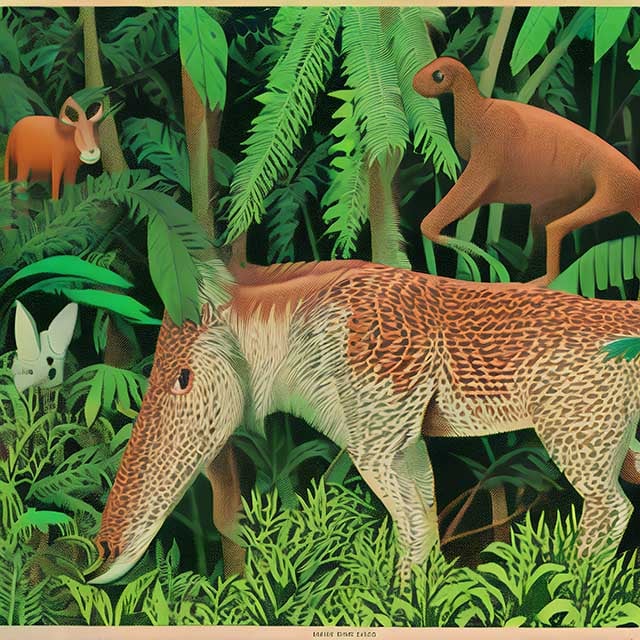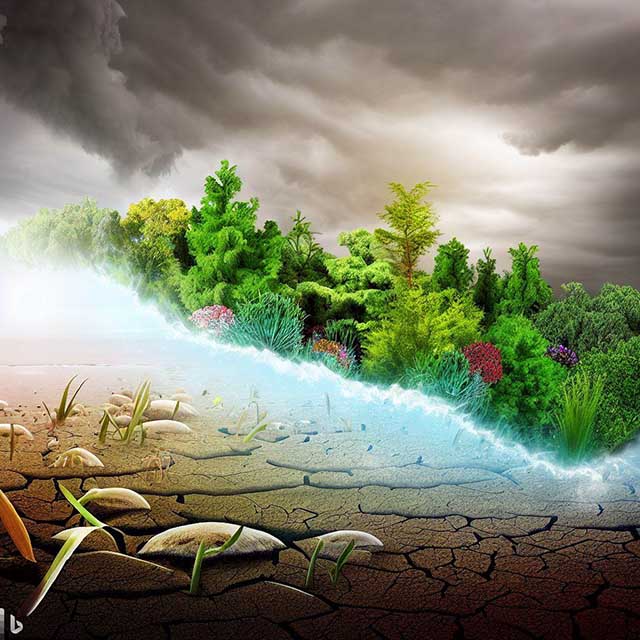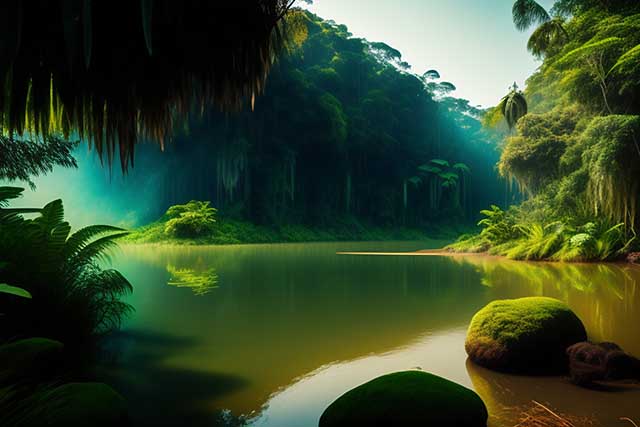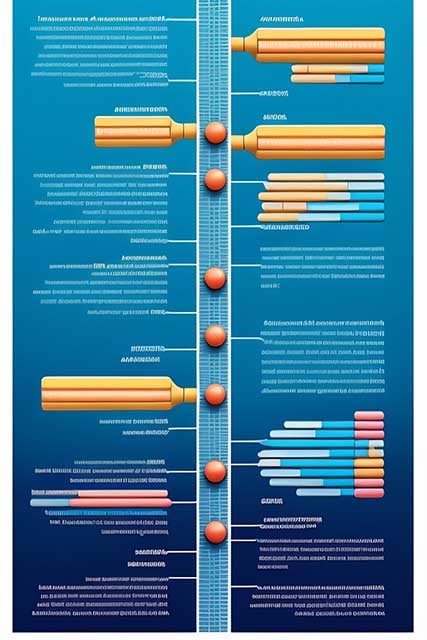What is Biodiversity?
Biodiversity refers to the variety of life on Earth, including the diversity of species, ecosystems, and genetic variation within species. It encompasses everything from the tiniest microorganisms to the largest mammals, and from the deepest oceans to the highest mountains. Biodiversity is a vital aspect of our planet's health and well-being, as it supports the functioning of ecosystems and provides important ecosystem services such as pollination, pest control, and soil formation.
Why is Biodiversity Important?
-
Biodiversity Supports Human Life One of the most obvious reasons for the importance of biodiversity is the fact that it supports human life. Ecosystems provide us with a variety of resources, including food, medicine, and materials for shelter and clothing. For example, many of the plants and animals that we rely on for food, such as fruits and vegetables, nuts, and fish, are dependent on biodiversity for their survival. Similarly, many of the medicines we use, such as antibiotics and cancer treatments, come from natural sources.
-
Biodiversity Regulates the Earth's Climate Biodiversity also plays a critical role in regulating the Earth's climate and protecting against natural disasters. For example, wetlands and forests act as natural sponges, absorbing and storing water, and helping to prevent flooding. Similarly, mangroves and coral reefs provide coastal protection against storms and tsunamis.
-
Biodiversity is important for Aesthetic, Cultural and Recreational Reasons Additionally, biodiversity is also important for aesthetic, cultural and recreational reasons. Many people find great pleasure in nature, and a variety of ecosystems provides opportunities for outdoor recreation, such as hiking, camping, and bird-watching. Many cultures also have spiritual and religious connections to certain natural areas and species.

Threats to Biodiversity
 Despite its importance, biodiversity is under threat from human activities, such as habitat destruction, pollution, over-exploitation, and climate change. Habitat loss, caused by activities such as deforestation and urbanisation, is the most significant threat to biodiversity. Climate change is also causing many species to shift their ranges and altering the timing of life events, such as migration and reproduction.
Despite its importance, biodiversity is under threat from human activities, such as habitat destruction, pollution, over-exploitation, and climate change. Habitat loss, caused by activities such as deforestation and urbanisation, is the most significant threat to biodiversity. Climate change is also causing many species to shift their ranges and altering the timing of life events, such as migration and reproduction.
Protecting Biodiversity
 To protect biodiversity, it is essential that we take action to reduce our impact on the natural world. This includes reducing pollution and waste, protecting and restoring habitats, and managing the use of natural resources in a sustainable way. Additionally, we must also work to mitigate the effects of climate change by reducing greenhouse gas emissions. For example, by using renewable energy sources and creating protected areas for endangered species.
To protect biodiversity, it is essential that we take action to reduce our impact on the natural world. This includes reducing pollution and waste, protecting and restoring habitats, and managing the use of natural resources in a sustainable way. Additionally, we must also work to mitigate the effects of climate change by reducing greenhouse gas emissions. For example, by using renewable energy sources and creating protected areas for endangered species.
In conclusion: What is biodiversity and why is it important?
biodiversity is the variety of life on Earth, and it is critical for the functioning of ecosystems and the well-being of humanity. From providing us with food and medicine to regulating the Earth's climate, biodiversity plays a vital role in our survival. We must take action to protect it, so that future generations can continue to enjoy the benefits it provides. The loss of biodiversity has far-reaching consequences and it is essential that we work together to protect and preserve it for the benefit of all life on Earth.




